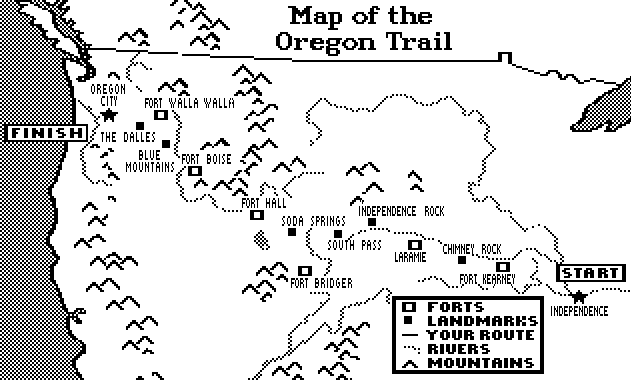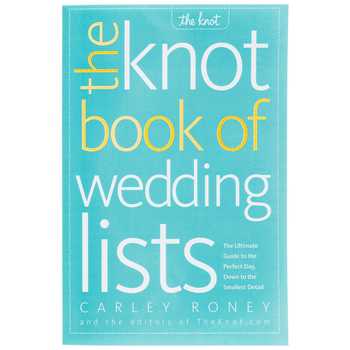ETA: Given the topic of the post and the tenor of some of the comments so far, just want to remind all y’all that the best use of your commenting time/energy tends to be responding to people when you have a unique insight to offer/question to ask, rather than letting the most inflammatory posts jump to the front of your attentional queue.
SlateStarCodex’s recent post (“Radicalizing the Romanceless”) touches on a lot of issues surrounding the “Nice Guy” syndrome (which usually involves way less calculation than that xkcd implies). It’s a long post, and I want to mostly focus on the section I’m excerpting below [and yes, Scott never actually betrays confidentiality of patients, people are composites or translated so as to be unidentifiable]:
I had a patient, let’s call him ‘Henry’ for reasons that are to become clear, who came to hospital after being picked up for police for beating up his fifth wife.
So I asked the obvious question: “What happened to your first four wives?”
“Oh,” said the patient, “Domestic violence issues. Two of them left me. One of them I got put in jail, and she’d moved on once I got out. One I just grew tired of.”
“You’ve beaten up all five of your wives?” I asked in disbelief.
“Yeah,” he said, without sounding very apologetic.
“And why, exactly, were you beating your wife this time?” I asked.
“She was yelling at me, because I was cheating on her with one of my exes.”
“With your ex-wife? One of the ones you beat up?”
“Yeah.”
“So you beat up your wife, she left you, you married someone else, and then she came back and had an affair on the side with you?” I asked him.
“Yeah,” said Henry.
…
When I was younger – and I mean from teeanger hood all the way until about three years ago – I was a nice guy. In fact, I’m still a nice guy at heart, I just happen to mysteriously have picked up girlfriends. And I said the same thing as every other nice guy, which is “I am a nice guy, how come girls don’t like me?”
There seems to be some confusion about this, so let me explain what it means, to everyone, for all time.
It does not mean “I am nice in some important cosmic sense, therefore I am entitled to sex with whomever I want.”
It means: “I am a nicer guy than Henry.”
Or to spell it out very carefully, Henry clearly has no trouble with women. He has been married five times and had multiple extra-marital affairs and pre-marital partners, many of whom were well aware of his past domestic violence convictions and knew exactly what they were getting into. Meanwhile, here I was, twenty-five years old, never been on a date in my life, every time I ask someone out I get laughed at, I’m constantly teased and mocked for being a virgin and a nerd whom no one could ever love, starting to develop a serious neurosis about it.
And here I was, tried my best never to be mean to anyone, gave to charity, pursuing a productive career, worked hard to help all of my friends. I didn’t think I deserved to have the prettiest girl in school prostrate herself at my feet. But I did think I deserved to not be doing worse than Henry.
No, I didn’t know Henry at the time. But everyone knows a Henry. Most people know several. Even three years ago, I knew there were Henry-like people – your abusers, your rapists, your bullies – and it wasn’t hard to notice that none of them seemed to be having the crushing loneliness problem I was suffering from.
I pretty much agree with what a friend of mine said, “Henry clearly has trouble with women.” Henry isn’t hitting the same failure mode as “Nice Guys” but he’s still reached some kind of relationship rut that is bad for him and for his partners.
Pretty much no one who envies Henry wants to make a full swap of circumstances with him, but I think there’s an idea that Henry has cleared some great relationship filter, reached the point on the other side where relationships (good and bad) exist, and then has made poor choices that resulted in toxic relationships. If the nice guys could get past this filter, they would raise the quality of the average relationship out in Relationshipville. Therefore, whatever the solution is (women changing their standards, guys altering their approach) it’s just kind of ridiculous that they’re not making it through.
But I have a problem with that model, and I’d like to explain it using the Oregon Trail. Let’s say that you’re playing the game, and for whatever reason, you never make it very far past Independence Rock.
Sometimes your oxen drown fording a river, sometimes your whole family dies of cholera–it’s hard to pin down a single cause, but, one way or the other, you keep dying before you ever reach South Pass. However, when you pass through the fort at Laramie, there are often letters waiting for you from Henry, who set out only a couple months before you and has sent back messages to you, whenever he meets a traveler going the opposite direction. His letters have been sent from Fort Hall, Fort Boise, and even Fort Walla Walla. You just don’t know what Henry is doing that lets him get past Independence Rock while you keep flaming out, and, if he replies to your increasingly desperate letters, his couriers don’t make it back to you before you’ve died. Again.
Except, if you were able to make it out to the coast on every play-through, you’d notice you always pass an emaciated, festering corpse near The Dalles. It’s Henry. The solution he came up with to pass Independence Rock dooms him later on (maybe he kept solving his problems with money, not skills, and his funds ran out). Henry isn’t any more successful than you (especially when you consider that dead people don’t really care how many landmarks they passed); he just invented a different failure mode.
Getting a little more specific — I’ve looked at PUA (pick up artist) blogs and ideas, and some of the tricks are clever: e.g. speak to your crush under a false time limit (“I’ve got to run for my ride in five minutes, but, before I go, I wanted to ask you…”) so that you and she both can focus on the conversation/connection without being distracted by wondering how you’ll extricate yourself if it gets awkward/boring. But some of them seem pretty Henryish–inventing new failure modes. For example, most PUA recommend making sure you maintain an unbalanced (often 1:3) communication ratio, e.g. you should only send one text for every three you receive.
A lot of PUA focuses on cultivating a feeling of scarcity, so that you seem more valuable as a romantic partner, but anxiety isn’t the bond most people are seeking from even a hookup buddy, let alone a long term partner. On-edge attentiveness might get you physical attention, but there’s an odd, strained dynamic. These techniques “work” to a certain point–they might make it a lot easier to score short term sex partners, but they don’t actually represent a way past the big filter into the kinds of relationships you may want, just a detour around it to a totally different destination.
Henry (and some PUA) may get mistaken for success because a lot of our stories about romance and relationships get their catharsis from the two principles beginning (or rebeginning) a relationship. We see the girl’s tearful nod “Yes” as the boy lifts the Sportsball trophy over his head, but not the general business of the relationship (which might expose the Henries at the extremes, and the distant/nervous PUAs a little closer). By picking the wrong outcome variable, we misclassify a lot of failures as win conditions, and wind up wondering why someone like Henry has “no trouble with women” rather than what can be done for Henry to get him out of the torturous rut he’s chosen.
I’m on day 8 of a Norbertine novena, in honor of my friend Michael Hannon, who just entered the abbey. Please feel free to pray along.













